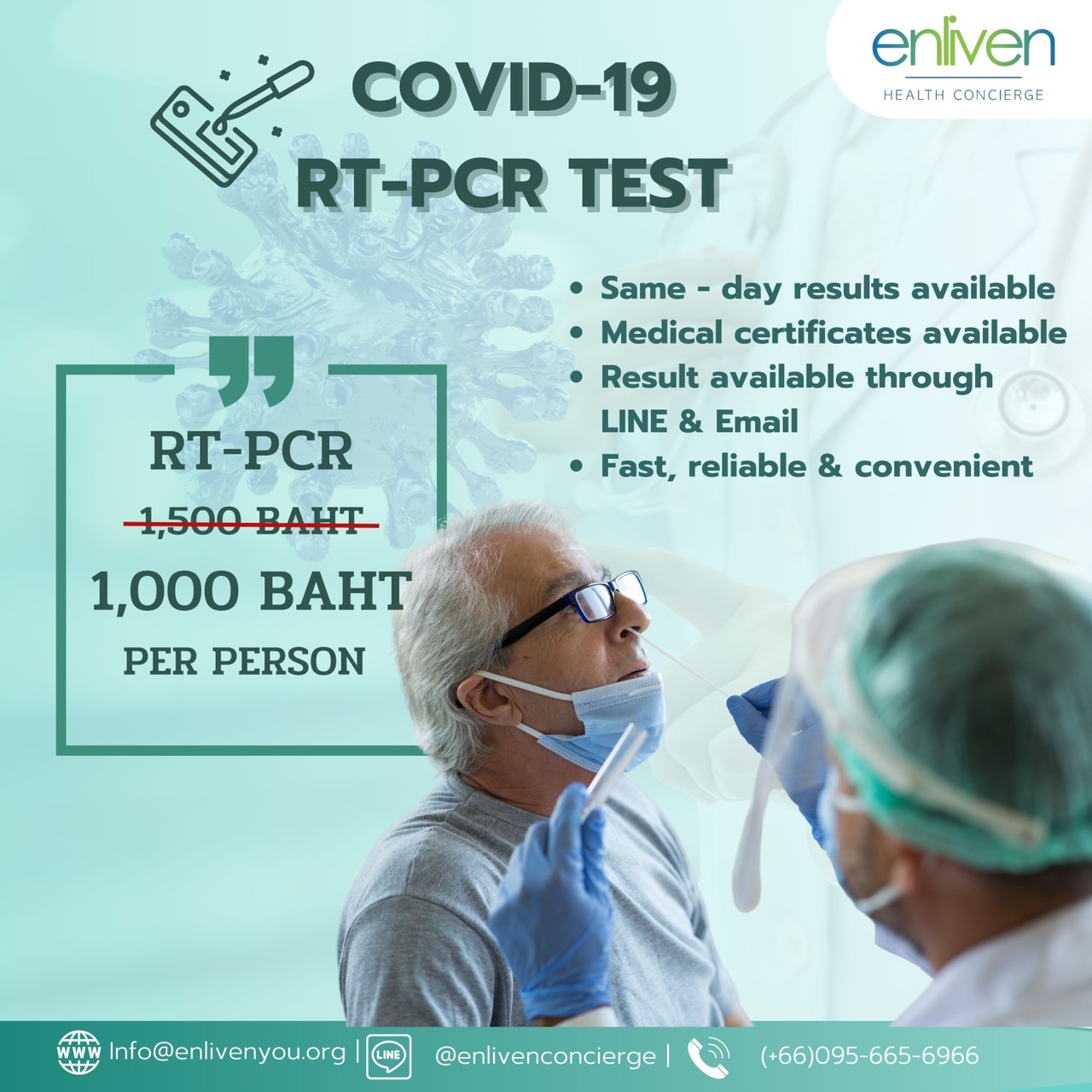Rare Disease Day
We’ve all heard of heart disease and diabetes, and there is a whole lot of research that has gone into finding the cause and treating these conditions, but there is a wide range of conditions that are not as fortunate to have as much research done on them.
These conditions (over 6,000 different ones) are characterised by a broad diversity of disorders and symptoms that vary not only from disease to disease but also from patient to patient suffering from the same disease. Relatively common symptoms can hide underlying rare diseases leading to misdiagnosis and delaying treatment. Quintessentially disabling, the patients quality of life is affected by the lack or loss of autonomy due to the chronic, progressive, degenerative, and frequently life-threatening aspects of the disease. The fact that there are often no existing effective cures adds to the high level of pain and suffering endured by patients and their families.
The first Rare Disease Day was celebrated in 2008 on 29 February, a ‘rare’ date that happens only once every four years. Ever since then, Rare Disease Day has taken place on the last day of February, a month known for having a ‘rare’ number of days.The campaign targets primarily the general public and also seeks to raise awareness amongst policy makers, public authorities, industry representatives, researchers, health professionals and anyone who has a genuine interest in rare diseases.
Key Figures about Rare Diseases
- There are over 300 million people living with one or more of over 6,000 identified rare diseases around the world, each supported by family, friends and a team of carers that make up the rare disease community.
- Each rare disease may only affect a handful of people, scattered around the world, but taken together the number of people directly affected is equivalent to the population of the world’s third largest country.
- Rare diseases currently affect 3.5% – 5.9% of the worldwide population.
- 72% of rare diseases are genetic whilst others are the result of infections (bacterial or viral), allergies and environmental causes, or are degenerative and proliferative.
- 70% of those genetic rare diseases start in childhood.
- A disease defined as rare in Europe when it affects fewer than 1 in 2,000 people.
Common Challenges of Patients with Rare Disease
- The lack of scientific knowledge and quality information on the disease often results in a delay in diagnosis. Also the need for appropriate quality health care engenders inequalities and difficulties in access to treatment and care. This often results in heavy social and financial burdens on patients.
- As mentioned, due to the broad diversity of disorders and relatively common symptoms which can hide underlying rare diseases, initial misdiagnosis is common. In addition, symptoms differ not only from disease to disease, but also from patient to patient suffering from the same disease.
- Due to the rarity and diversity of rare diseases, research needs to be international to ensure that experts, researchers and clinicians are connected, that clinical trials are multinational and that patients can benefit from the pooling of resources across borders. Initiatives such as the European Reference Networks(networks of centres of expertise and healthcare providers that facilitate cross-border research and healthcare), the International Rare Disease Research Consortium and the EU Framework Programme for Research and Innovation Horizon 2020 support international, connected research.
Rare Disease Day is a great example of how progress continues to be made, with events being held worldwide each year. Beginning in 2008, when events took place in just 18 countries, Rare Disease Day has taken place every year since, with events being held in over 100 countries in 2019.
Here are some links related to Rare Disease Day in Thailand:
- https://www.facebook.com/Thai-Rare-Disease-Foundation-169281693516550/
- https://www.facebook.com/rarediseasedaythailand/
If you or any of your loved ones have a rare disease, know that there is an entire community to support you. We at Enliven are here and will do our best to help you find a treatment as well. Always remember, “alone we are rare, but together we are strong!”
Information compiled by Devi Bajaj
Founder and Director of Enliven Health Concierge
Below are links to more details related to the information above:
- https://www.rarediseaseday.org/article/what-is-a-rare-disease
- https://www.rarediseaseday.org/article/what-is-rare-disease-day
- https://rarediseases.org/
#EnlivenConcierge#RareDisease#RareDiseases#RareDiseaseAwareness#RareDiseaseDay#RareDiseaseDay2020#RareDiseaseDayThailand#Misdiagnosis

